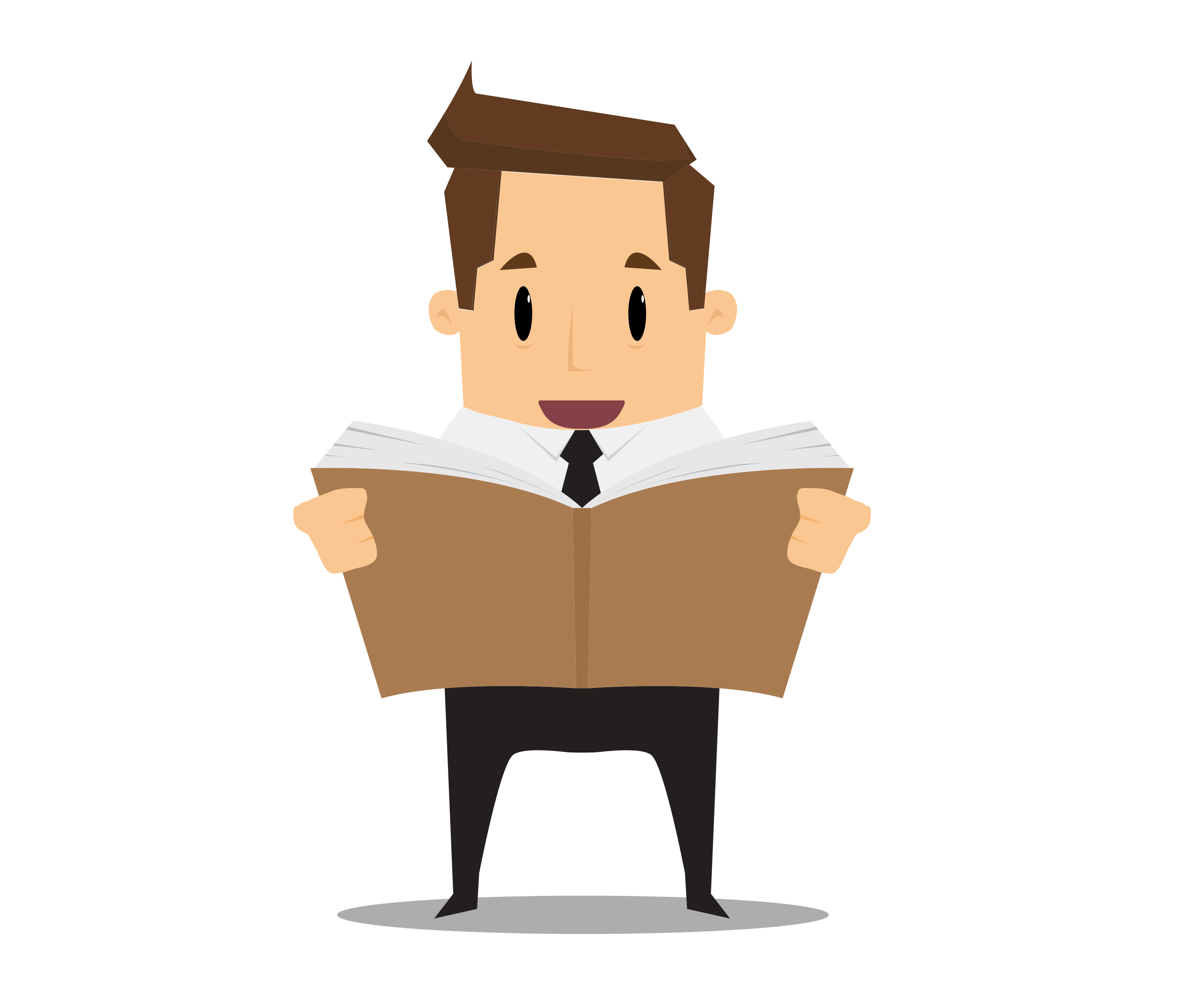When to Seek Legal Aid:
Recognizing the need for legal aid is vital for individuals facing legal challenges beyond their capabilities. Common scenarios where legal aid may be necessary include eviction proceedings, family law disputes, employment issues, immigration concerns, and consumer rights violations. Identifying these situations early can help individuals access the support they need to address their legal challenges effectively.
Where to Find Legal Aid and Support:
Fortunately, several avenues exist for low-income individuals to access legal aid and support:
- Legal Aid Organizations:Local legal aid organizations offer free or low-cost services tailored to individuals' specific needs, covering areas such as housing, family law, employment, immigration, and consumer rights. Find Legal Aid Organizations
- Pro Bono Programs:Pro bono initiatives connect individuals with volunteer attorneys who provide their services free of charge. Organizations like the American Bar Association facilitate pro bono opportunities to assist those unable to afford legal representation.Learn more about Pro Bono Programs
- Legal Clinics:Run by law schools, nonprofit organizations, or community centers, legal clinics provide consultations, advice, and representation for specific legal issues, offering invaluable support to low-income individuals. Locate Legal Clinics
- Online Resources:Websites like Legal Aid Society, FindLaw, and LawHelp.org offer articles, guides, and directories to help individuals understand their legal rights and find local assistance. Explore Online Resources
- Government Agencies:Some government agencies provide legal assistance or referrals to low-income individuals. For instance, the Legal Services Corporation (LSC) funds legal aid organizations nationwide and can direct individuals to resources in their respective areas. Government Assistance
How to Find Legal Aid:
Navigating the process of finding legal aid can seem daunting, but several strategies can help streamline the process:
- Research Local Resources:Identify legal aid organizations, pro bono programs, and legal clinics in your area specializing in relevant legal issues.
- Ask for Referrals:Seek recommendations from community organizations, social service agencies, or trusted individuals familiar with local legal aid resources.
- Utilize Online Directories:Take advantage of online directories listing legal aid resources by location and legal issue.
- Attend Legal Clinics:Participate in legal clinics or workshops conducted by universities, law schools, or community organizations.
- Reach Out Directly:Contact legal aid organizations or pro bono programs directly to inquire about their services and eligibility criteria.
Access to legal aid and support is essential for ensuring a just and equitable society, allowing individuals to assert their rights effectively within the legal system. By understanding when to seek legal aid, where to find it, and how to navigate the process, low-income individuals can address their legal challenges with confidence. Whether through legal aid organizations, pro bono programs, or online resources, help is available for those in need. Active engagement with these resources and seeking assistance when necessary empowers individuals to navigate the legal landscape and work towards positive outcomes, emphasizing that access to justice is a fundamental right.
Free Lawyers for Low-Income Families:
For low-income families, seniors, and the disabled, accessing free legal consultations is crucial. Numerous free, pro bono lawyers and attorneys provide assistance with civil matters such as eviction, family disputes, employment issues, and consumer rights violations. These services, often funded by the federal government's Legal Services Corporation (LSC), cater to individuals across various backgrounds, including the elderly, veterans, families with children, and immigrants.
Types of Cases Covered:
The types of civil cases covered by free legal consultations are extensive, including foreclosure, bankruptcy, eviction, domestic violence, and more. Legal aid organizations, pro bono firms, and volunteer attorneys work tirelessly to support low-income individuals facing legal challenges. They offer free emergency legal consultations and coordinate services at local and national levels, ensuring that help is accessible regardless of location.
Requirements for Free Legal Advice:
Low-income individuals, including the working poor, renters facing eviction, veterans, single mothers, and families with children, can receive free legal representation or consultations. Gender or race requirements do not exist, emphasizing inclusivity and accessibility for all. Vulnerable populations, including women and single mothers, often seek immediate assistance from pro bono law firms, highlighting the diverse backgrounds of individuals seeking legal aid.
Types of Legal Advice Available:
Legal aid organizations and attorneys offer support across various legal domains, including foreclosure assistance, family law matters, consumer rights protection, elder law, income maintenance, utility issues, veterans' rights, and bankruptcy. Services range from obtaining protective orders for victims of domestic violence to providing guidance on managing debts and dealing with creditors.
Free legal consultations are invaluable resources for low-income individuals facing legal challenges. Accessing legal aid organizations, pro bono programs, and online resources empowers individuals to navigate the legal landscape effectively, ensuring equitable access to justice for all. By seeking assistance when needed and actively engaging with available resources, individuals can address their legal concerns with confidence, emphasizing the importance of access to justice as a fundamental right in our society.

